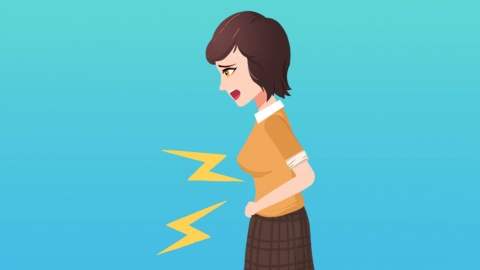Is gastrointestinal bleeding life-threatening?
Generally, whether gastrointestinal bleeding is life-threatening depends on the amount of bleeding and the urgency of the condition. When the bleeding is minor and there are no severe complications, it is usually not life-threatening. However, when there is significant bleeding or severe symptoms accompany the bleeding, it can be life-threatening. A detailed analysis is as follows:

If the amount of gastrointestinal bleeding is small and the patient only presents with black tarry stools without symptoms such as dizziness, palpitations, or pallor, the bleeding is often caused by chronic gastric ulcers or erosive gastritis. With timely medication to stop the bleeding and protect the gastric mucosa, the bleeding can be rapidly controlled and is not life-threatening. Recovery can proceed gradually with appropriate follow-up care.
If a large volume of gastrointestinal bleeding occurs, with symptoms such as hematemesis (vomiting blood) and significant black stools within a short time, accompanied by dizziness, palpitations, cold extremities, or altered consciousness, it may lead to hemorrhagic shock. This type of bleeding is often caused by ruptured esophageal or gastric varices or perforated gastric ulcers. If not treated promptly, it can pose a serious threat to life. Emergency measures such as blood transfusion, endoscopic hemostasis, or surgery are required immediately to control the bleeding.
In daily life, it is important to develop regular eating habits, avoid overeating, refrain from consuming spicy, hard, or excessively hot foods, and quit smoking and alcohol to reduce irritation to the gastric mucosa. If there are underlying conditions such as gastric ulcers or liver disease, active treatment and regular follow-up examinations are necessary to reduce the risk of gastrointestinal bleeding.






